Cognitive Neuroscience
Overview
Cognitive neuroscience is a branch of neuroscience that studies the biological processes that underpin cognitive functions. This field of study combines principles from several disciplines, including psychology, neurobiology, bioengineering, and computer science, to understand how the brain processes information and how this processing leads to perceptual, cognitive, and emotional experiences.
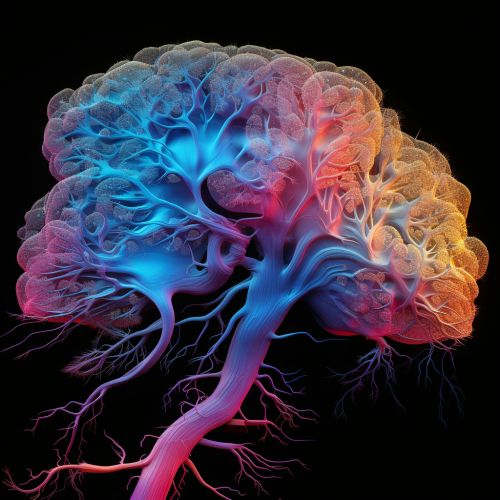
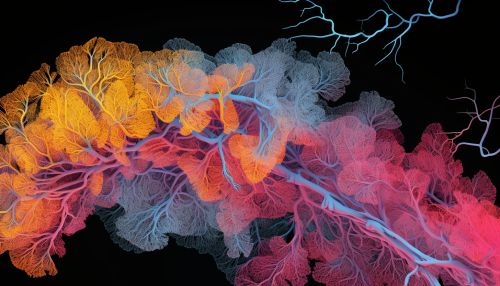
Historical Background
The origins of cognitive neuroscience can be traced back to the 19th century with the pioneering work of Paul Pierre Broca and Carl Wernicke, who discovered that specific brain areas were involved in language processing. This laid the groundwork for the concept of localization of brain function, which posits that certain functions are localized to specific areas of the brain.
Theoretical Frameworks
Cognitive neuroscience relies on various theoretical frameworks to guide its investigations. One such framework is the computational theory of mind, which suggests that the brain functions like a computer, processing inputs to generate outputs. Another is the connectionist approach, which emphasizes the network of connections between neurons in understanding cognitive processes.
Research Methods
Cognitive neuroscientists employ a range of research methods to study the brain and cognition. These include neuroimaging techniques such as functional magnetic resonance imaging (fMRI) and positron emission tomography (PET), as well as electrophysiological techniques like electroencephalography (EEG) and magnetoencephalography (MEG).
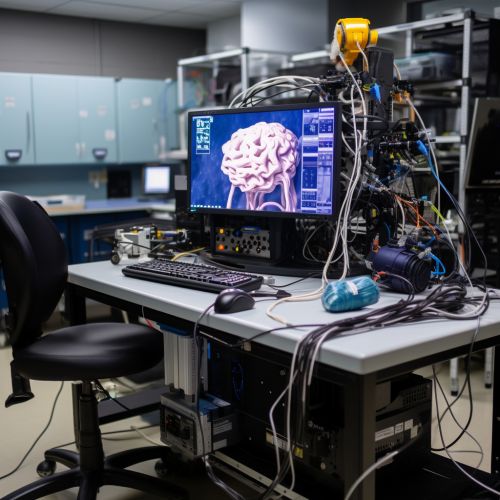
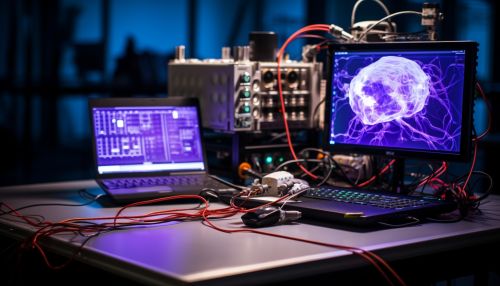
Key Concepts
Cognitive neuroscience has elucidated several key concepts in our understanding of the brain and cognition. These include the principles of neural plasticity, which refers to the brain's ability to change and adapt in response to experience, and hemispheric specialization, the idea that the two hemispheres of the brain are specialized for different functions.
Applications
The findings of cognitive neuroscience have numerous applications in various fields. In medicine, insights from cognitive neuroscience have informed the development of treatments for neurological and psychiatric disorders. In education, understanding of cognitive processes can guide the development of effective teaching strategies. In artificial intelligence, principles from cognitive neuroscience can inform the design of more sophisticated and human-like AI systems.

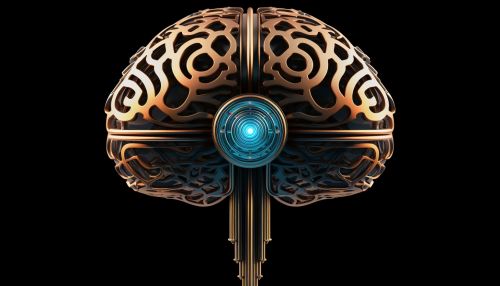
Challenges and Future Directions
Despite its many advances, cognitive neuroscience faces several challenges. These include the complexity of the brain and the difficulty of translating findings from the lab to real-world contexts. Looking ahead, cognitive neuroscience is likely to benefit from advances in technology and computational methods, which will enable more detailed and comprehensive investigations of the brain and cognition.
